Description
Got Questions About Legionella? We’ve Got Straight Answers. Ever heard of an ‘LRA test’ or an ‘LRA inspection’? Basically, it’s a way of checking your property’s water system for any potential nasties – specifically, Legionella bacteria. Think of it as a health check for your pipes, water tanks, and taps. We take a look at things like water storage and outlet temperatures to see if there’s a risk of this bacteria growing and then give you simple advice on how to keep it at bay.
Why All the Fuss About Legionella Risk Assessments? It’s About Looking After Your Tenants!
As a landlord in Edinburgh, you’ve got a responsibility under the Repairing Standard to make sure the plumbing in your properties is safe, well-looked-after, and doesn’t pose any health risks – and that includes keeping an eye out for Legionella bacteria to protect your tenants.
Legionella loves to set up shop in water systems, especially where the water isn’t moving much or in those outlets that don’t get used very often. If it’s left to its own devices, it can cause Legionnaires’ disease, which is a pretty serious lung infection. Getting regular risk assessments done isn’t just about keeping your tenants healthy; it also helps you stay on the right side of the health and safety rules.
Legionella Risk Assessments for Edinburgh Landlords – Your Legal Must-Do!
Right here in Edinburgh, and thanks to the updated Repairing Standard, landlords are legally required to get Legionella Risk Assessments done to make sure their properties are safe for their tenants. These assessments are all about spotting any potential problems in your property’s plumbing and putting simple steps in place to stop contamination, keeping your tenants healthy and happy.
Now, there isn’t a rulebook that says exactly how often you need to do a Legionella risk assessment (LRA). However, as a responsible landlord, you need to make sure you’re meeting your legal obligations. After you get that first assessment done, it’s a really good idea to review it and update it every year, or sooner if you make any big changes to your plumbing system.
And while you’re thinking about water safety, don’t forget about lead testing! That’s another important check to make sure there’s no lead lurking in your property’s water supply.
Staying on top of all this stuff isn’t just about following the rules; it shows your tenants you’re serious about keeping their home safe and comfortable.
Your Responsibilities Under the Repairing Standard – We’re Here to Help You Get It Right!
Under Scotland’s Repairing Standard, landlords need to make sure their properties are safe and fit to live in, and that includes keeping water systems free from Legionella risks.
That means landlords are required to –
- Get a Legionella risk assessment done every year – This helps you stay compliant and keep everyone safe.
- Keep all your safety certificates up to date – That includes gas safety checks and PAT testing. Why not make it super efficient and combine these with your annual boiler service? That way, you can make sure everything’s running smoothly and hopefully avoid any unexpected repair bills down the line. Oh, and don’t forget that gas fire safety certificate – it’s easy to miss!
- Sort out any risks you find quickly – If any of your safety assessments flag up a problem, get it sorted straight away to avoid any fines or legal headaches.
Top Tips for Keeping Legionella Risks Low – Simple Advice for You and Your Tenants –
As a landlord, taking a few small steps can make a big difference in reducing the risk of Legionella bacteria growing in your property’s water system. Here’s some easy advice you can even share with your tenants:
- Flush Those Unused Spots – Encourage tenants to run water through taps, showers, and any other outlets that don’t get used much to stop the water from sitting still.
- Keep Shower Heads and Taps Clean – Regular cleaning and a bit of disinfectant on shower heads and taps can stop that nasty biofilm and bacteria from building up.
- Mind the Hot and Cold – Make sure hot water is stored nice and hot (at least 60°C) and cold water stays nice and cool (below 20°C). If you’re not sure, get a water-safe plumber to check it out.
- Check Your Water Tanks – Have a look at any water tanks to make sure they’re clean, securely covered, and fix any signs of rust or leaks.
- Keep the System Moving – If your tenants are going to be away for a while, remind them to run the taps and showers now and then to keep the water system active.
Get Started, contact us for a free sales or rental valuation!
We are more than happy to help new and prospective clients with advice



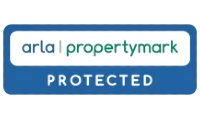





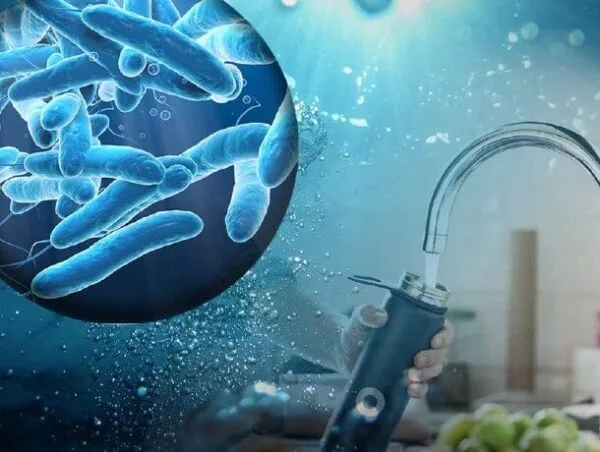
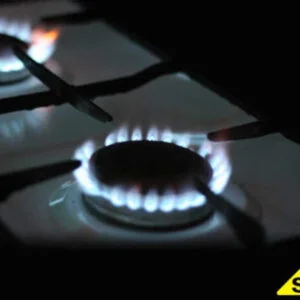
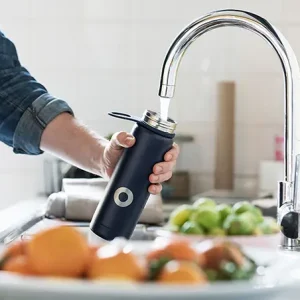
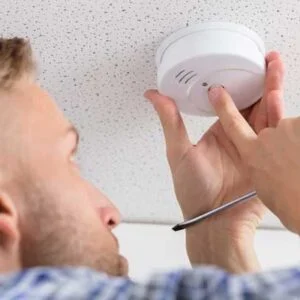
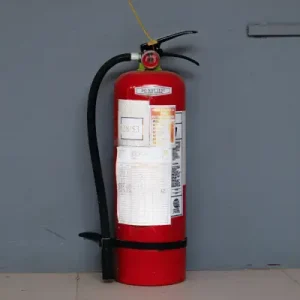


Reviews
There are no reviews yet.